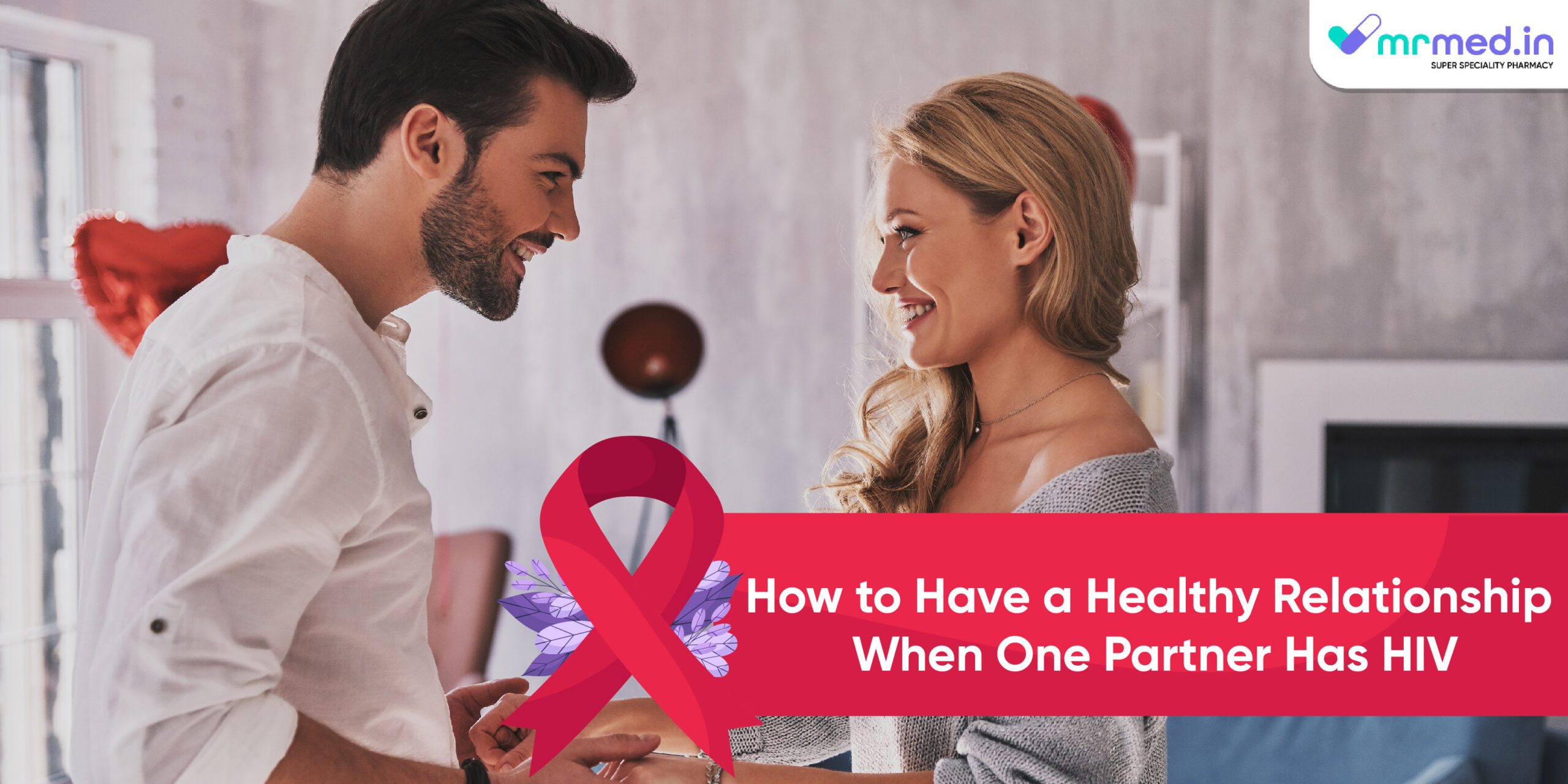
In a romantic relationship, when one partner is living with HIV, it can present unique challenges, but it is entirely possible to maintain a healthy and fulfilling partnership. This article explores strategies for fostering a supportive, understanding, and loving relationship when one partner has HIV, emphasising the importance of communication, mutual respect, and proper medical management.
Can a person with HIV live a normal life?
Human Immunodeficiency Virus (HIV) is a virus that attacks the immune system, making individuals more susceptible to infections and certain cancers. Without treatment, HIV can progress to Acquired Immunodeficiency Syndrome (AIDS). Modern advancements in medical science have made it possible for individuals with HIV to live long and healthy lives with the help of antiretroviral therapy (ART).
Open and honest communication is the cornerstone of any healthy relationship, especially when one partner has HIV. Discussing feelings, fears, and expectations helps both partners understand each other better and build a strong emotional connection.
How do you talk about HIV status?
The partner living with HIV must disclose their status early in the relationship. This conversation should be approached with honesty and sensitivity, providing the HIV-negative partner with accurate information and addressing any concerns they may have.
Ongoing Dialogue
It is essential to maintain an ongoing dialogue about health, medication adherence, and any changes in physical or emotional well-being. Both partners should feel comfortable discussing their needs and seeking support when necessary.
Medical Management and Adherence
Effective medical management of HIV is vital for the health of the partner living with the virus and for reducing the risk of transmission. Adherence to prescribed medications, such as antiretroviral therapy, is key to maintaining an undetectable viral load and preventing the progression of HIV.
Role of Antiretroviral Therapy (ART)
Antiretroviral therapy involves taking a combination of medicines that reduce the amount of HIV in the body. When taken consistently and correctly, ART can lower the viral load to undetectable levels, making it virtually impossible to transmit the virus to an HIV-negative partner.
Regular Medical Check-ups
Both partners should prioritise regular medical check-ups. The partner living with HIV needs to monitor their viral load and overall health, while the HIV-negative partner may benefit from regular testing and counselling to address any concerns.
Safe Practices and Prevention
Practising safe behaviours is crucial in a relationship where one partner has HIV. These practices help protect the health of both partners and reduce the risk of HIV transmission.
Condoms and PrEP
Using condoms consistently and correctly during sexual activity is an effective way to prevent HIV transmission. Additionally, pre-exposure prophylaxis (PrEP) is a medication that HIV-negative individuals can take to reduce further the risk of contracting HIV.
What is the undetectable untransmittable campaign?
The U=U campaign highlights that individuals with an undetectable viral load cannot transmit HIV to their partners. This understanding can alleviate fears and promote intimacy and trust in the relationship.
Emotional Support and Mental Health
Emotional support and mental health are critical aspects of managing a relationship where one partner has HIV. Both partners may experience a range of emotions, and addressing these feelings is important for maintaining a healthy relationship.
Support Networks
Joining support groups or seeking counselling can provide both partners with additional support. These resources offer a safe space to share experiences, gain insights, and connect with others in similar situations.
Coping with Stigma
Stigma related to HIV can affect both partners. It is essential to address any external or internalised stigma by seeking education and support. Building a network of understanding friends, family, and healthcare providers can help mitigate the impact of stigma.
Mutual Respect and Trust
Mutual respect and trust are fundamental in any relationship, but they are especially important when one partner has HIV. Both partners should feel valued and respected, and trust should be nurtured through consistent actions and open communication.
Respecting Boundaries
Respecting each other’s boundaries regarding discussions about HIV, medical appointments, and medication adherence is important. Each partner should feel comfortable expressing their needs and boundaries.
Building Trust
Building trust involves being reliable, honest, and supportive. Both partners should strive to create an environment where trust can flourish, helping to strengthen the relationship over time.
Shared Goals and Activities
Engaging in shared goals and activities can strengthen the bond between partners and provide a sense of normalcy and joy in the relationship.
Setting Goals Together
Setting and achieving goals together, whether related to health, career, or personal interests, can foster a sense of teamwork and shared purpose.
Enjoying Activities
Participating in activities that both partners enjoy can enhance the relationship. Whether it’s travelling, cooking, or exploring new hobbies, shared experiences create positive memories and deepen the connection.
Maintaining a healthy relationship when one partner has HIV requires a combination of open communication, proper medical management, mutual respect, and emotional support. It is important to remember that with the right support and understanding, individuals with HIV can lead fulfilling lives and enjoy meaningful, intimate relationships.